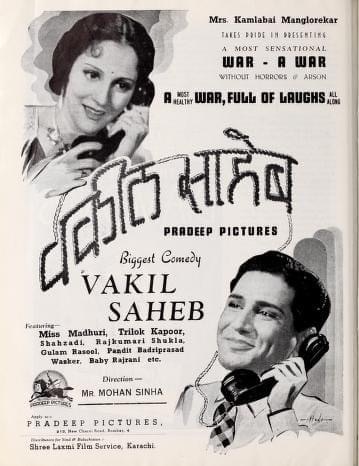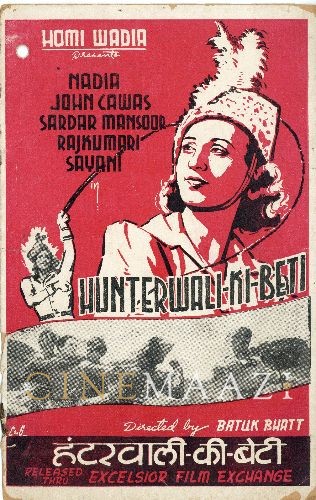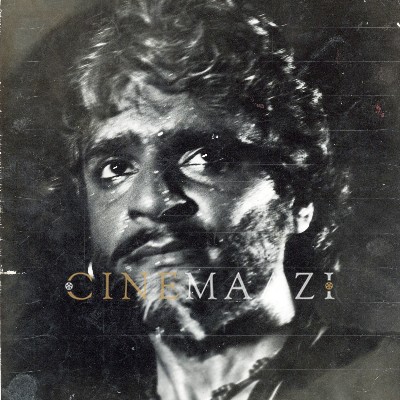Khan Mastana
Subscribe to read full article
This section is for paid subscribers only. Our subscription is only $37/- for one full year.
You get unlimited access to all paid section and features on the website with this subscription.
Not ready for a full subscription?
You can access this article for $2 , and have it saved to your account for one year.
- Real Name: Hafiz Khan/Hafeez Khan
- Born: November 1916 (Agra)
- Died: 6 March 1972 (Mahim, Mumbai)
- Primary Cinema: Hindi
Khan Mastana, a prominent playback singer and a composer in the 40s, was born as Hafeez Khan in Agra in November, 1917 where he spent most of his childhood. He started learning music at the age of 10 from his father, a sitar player. He was later sent to Calcutta to his uncle for further training. K.L. Saigal, K.C. Dey and Pankaj Mullick were renowned stars in Calcutta, and whenever he listened to their songs, he would hum along. As time passed, Khan started devoting more time to singing than to his training as a sitar player. When he informed his father of his wish to go to Bombay and sing for movies, his father was incensed. He started singing for the radio with the help of a close friend, but did not disclose his name publicly to avoid the wrath of his father. Once he had earned a small income from his five or six programmes on the radio, he moved to Bombay to pursue his dream.
In Bombay, the young Hafeez got his first break in the film Bahadur Kisan (1938), with music composed by Mir Saheb. He sang the song Balam gaye pardes ri, sajni kahe nir bahaye for the film. Mir Saheb enjoyed his fun attitude so much that he dubbed him “Khan Mastana”, and the name stuck. Impressed with his capabilities, Mir Saheb took him to Minerva Movietone and helped him to secure a three-year contract with the company. Under this banner, Khan Mastana lent his voice to the songs Kaaya ret gharonda hai in Jailor (1938) and Panghat pe ek chhail chhabili in Main Haari (1940). Sohrab Modi noticed his burgeoning talent and offered him the chance to compose music for his film Vaseeyat (1940). From 1937 onwards, Khan Mastana also started freelancing. Along with directing music in Badalti Duniya (1943), Circus Ki Sundari (1941) and Rahgeer (1943), he also continued to sing for these films. Later, he sang for films like Salma (1943), Laila Majnu (1945), Humayun (1945) and Bairam Khan(1946).
When he was called by his father to teach music to the Begums of Nawab Saheb in Hyderabad, he also got married in the city. On his return to Bombay, he recorded a popular patriotic song for the blockbuster film Shaheed (1948) with Mohammad Rafi. He also sang the song Khushi ki aas rahi dil ko for Sawan Aya Re (1949) under the direction of the legendary composer Khemchand Prakash. However, his father called him back to Hyderabad soon, and he returned to stay for a longer period. While he was there, he received frantic calls from producers: they were incurring huge losses due to his absence. Enraged by his continued absence, these producers refused to give him work when he came back to Bombay. Due to these troubles, Khan Mastana stopped receiving assignments after 1952.
Seven years later, Khan Mastana recorded his last song Hogi har mushkil aasaan for the film Nek Khatoon (1959). By this time, he had been reduced to penury, and when the composer Naushad saw him suffering, he gave him some money. Sadly, Khan Mastana passed away in poverty in locality of Mahim, Bombay on 6 March 1972.
-
Filmography (4)
SortRole
-

Char Dervesh 1964
-
Shikarpuri 1947
-

Vakil Saheb 1943
-

Hunterwali Ki Beti 1943
-










.jpg)



